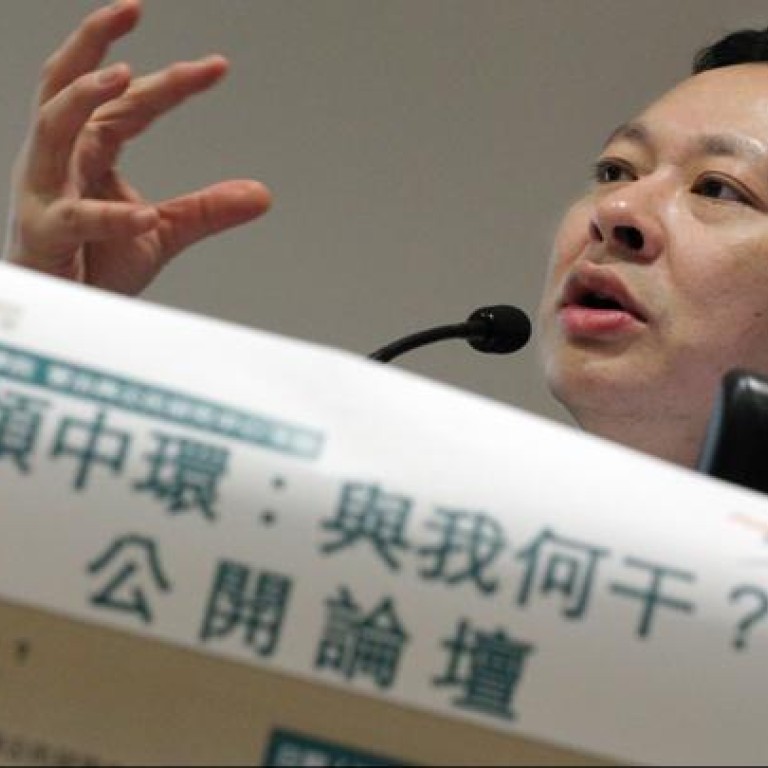
Lack of political tolerance
There was a time when injustices were rife, corruption a way of life, and wealth accumulated for the favoured few who were appointees to the legislative and executive councils, and who were mostly British. "Democracy" then was a dirty word to the British colonials.
The Focus article by Joshua But and Gary Cheung ("Academic's road map to democracy", March 28) raised a question that has been asked in Hong Kong since the early 1960s, when Britain ruled this former colony, depriving people of the right to vote for legislative councillors.
There was a time when injustices were rife, corruption a way of life, and wealth accumulated for the favoured few who were appointees to the legislative and executive councils, and who were mostly British. "Democracy" then was a dirty word to the British colonials.
Those who dared to propose electing members were dubbed "pink".
One kind-hearted person was Bishop Ronald Hall, who tried to help the poor and provide education for them. He was dubbed the "pink" bishop.
Some of our governors (Murray MacLehose, Edward Youde and David Wilson) were at heart democratic, but it was only the last governor, Chris Patten, who seems to have been authorised to make a show of democracy by collaborating with a few new "democrats" who had crept out of the woodwork to damage the hopes of a smooth through-train in 1997.
I do not know Dr Benny Tai Yiu-ting, but I wonder how long he has lived in Hong Kong, and whether the book that inspired him, written by two American political scientists, proposes a U-turn in Hong Kong's liberation from colonialism in 1997. Perhaps Dr Tai can explain his liking for the book.
I consider myself democratic, allowing everyone to have his own political views. But some of our Johnny-come-lately democrats permit no views but their own.
The march of 500,000 people a few years ago was hailed by lawmaker Emily Lau Wai-hing as a march for democracy.
In the press she had called for all people with a complaint about anything to join the march. Many people with various complaints did march, but the next day Miss Lau said 500,000 had marched for democracy. Among them were Filipinos and Indonesians, who already have universal suffrage, but at election times are told to sell their votes, and threatened if they fail to do so. In every election in those countries there is violence. So much for universal suffrage. Many would prefer to live in "undemocratic" Hong Kong.
Perhaps Dr Tai would like to visit and see the corrupt democracies through foreign "friendship". The fact is that some of the post-1997 so-called democrats in Hong Kong are actually delaying our democratic progress by their undemocratic actions.

